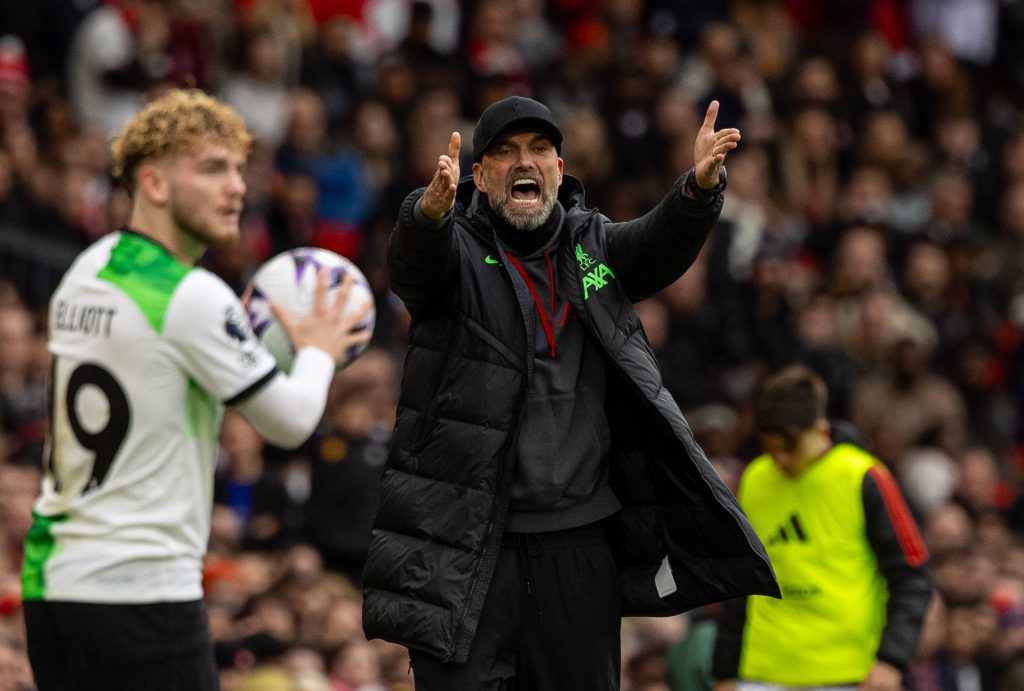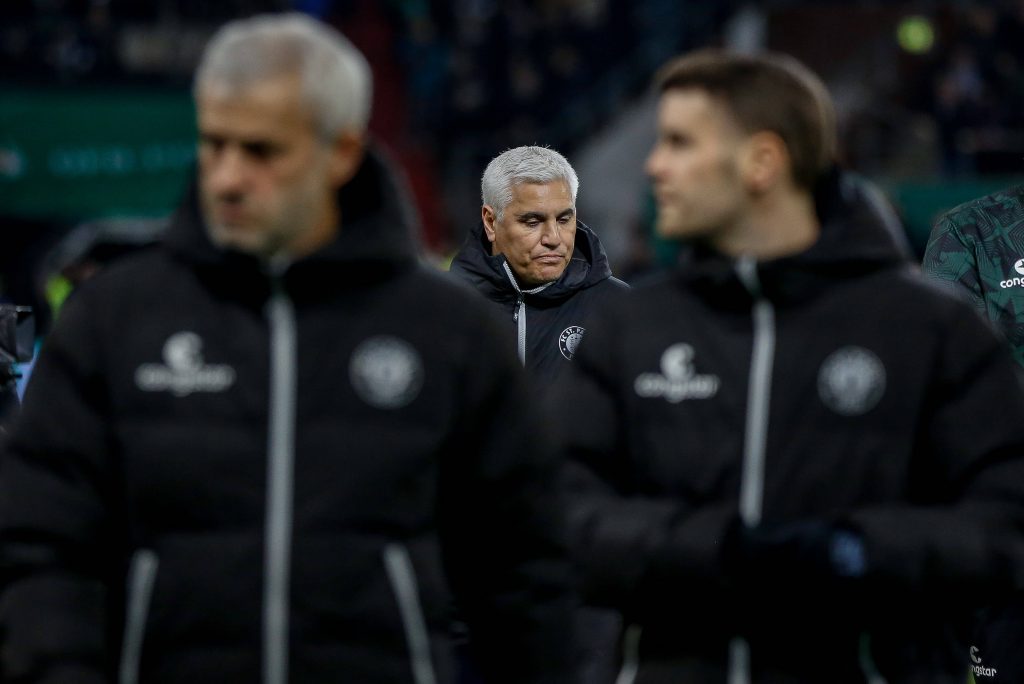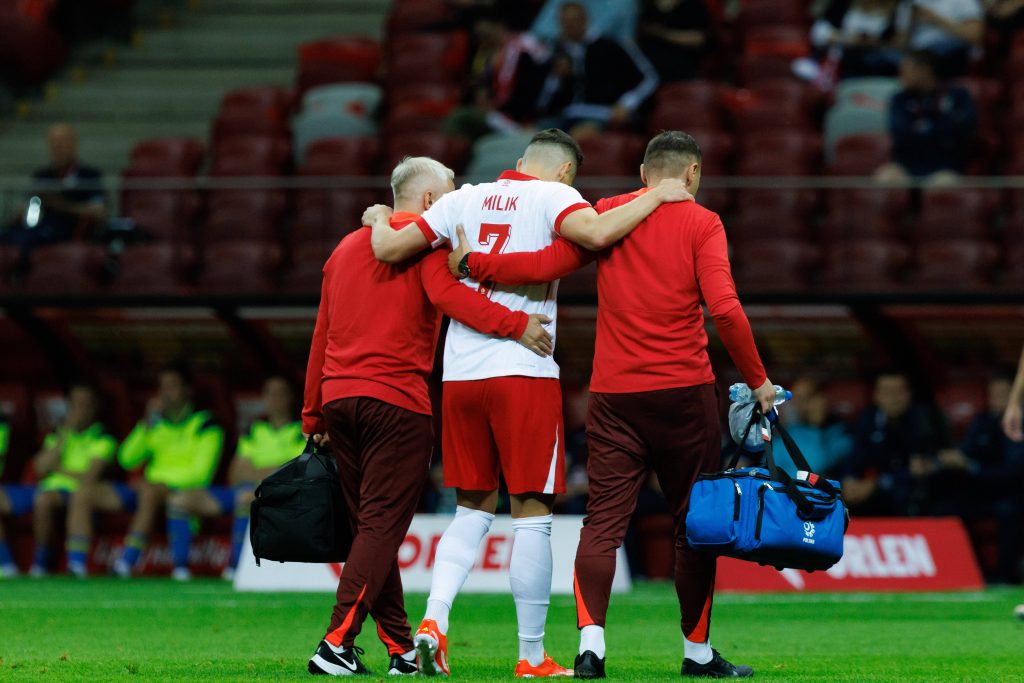Andy Watson, the author of our Brexitball series, looks at the Justin Kluivert case and explains why European clubs need to be aware of GBE regulations
The GBE (Governing Body Endorsement) rules came back into the mainstream media yesterday as Fulham were denied a work permit to sign A.S. Roma’s Dutch forward Justin Kluivert.
🚨 Justin Kluivert transfer from AS Roma to Fulham is off – 23yo Netherlands midfielder refused work permit. Despite featuring for #OGCNice on loan last season, lack of recent appearances for #ASRoma meant he failed to meet FA criteria & appeal was not allowed @TheAthleticUK #FFC
— David Ornstein (@David_Ornstein) August 30, 2022
This case is a classic example of many parties either misinterpreting the new regulations, not understanding them, or perhaps simply being fooled by the wording of what is a tricky, opaque document.
To be allowed to play football in the UK a football player, and, indeed, non-playing staff, need to be granted a GBE, which then allows the Home Office to issue a visa or work permit.
Male players over the age of 21 either have to attain an ‘autopass’ through their minutes played at international level, or they have to achieve a score of 15 points or more across a selection of criteria. The rules are different for female players and non-playing staff, and these differences are covered in previous Brexitball articles on Analytics FC.
The criteria for men are:
- International Appearances
- Domestic Minutes
- Continental Minutes
- League Position of Last Club
- Continental Progression of Last Club
- League Quality of Current Club
Again, a much more thorough breakdown of these criteria and how it all works is published in the Brexitball archives on Analytics FC.
The intention of this piece is to discuss how clubs that wish to sell into the hugely lucrative Premier League market, or even The Championship, also need to bear in mind the intricacies of the GBE regulations if they are to hold the value in their assets.
The case of Justin Kluivert
On the face of it, and as far as most general opinion and wisdom would go, getting a work permit for a 23-year-old Dutch international who has played for Roma, Ajax, RB Leipzig, and OCG Nice, and, of course, whose father is a footballing legend who graced these shores as well, should not be an issue.
Fulham obviously subscribed to this view. Despite Kluivert sliding away somewhat from the international scene (the last of his two caps was in 2018), Fulham were of the opinion that the 27 appearances (1878 minutes) that Kluivert played in Ligue 1 for Nice last season would grant him the requisite points.
Indeed, Kluivert played more than enough for Nice to garner a good number of points for domestic minutes. As Nice play in a Band 1 league, his 1878 minutes out of an available 2700 translates to 10 points (69.5% rounds to 70%), and Nice’s league finish gets him an extra point. So far, so good.
However, the problem that the deal encountered at this stage – to both his parent club, Roma, and Fulham’s obvious surprise – was that Kluivert was not eligible for any league quality points. Both Roma, and Nice play in Band 1 leagues. This means that Kluivert was expected to get 12 points from this and sail through the 15 point barrier.
The issue occurs in this case because Kluivert has not actually been involved in a Roma match-day squad throughout the reference period. This matters because in the league quality minutes clause this applies to the player’s current club only.
The domestic minutes and league finish of Nice still count towards his points, as Nice can still be regarded as Kluivert’s last club as per the definition of this term in the regulations:
However, since the start of this season, Kluivert’s current club is AS Roma, and as they have not included Kluivert in a match day squad so far he is not eligible for the expected 12 points for league quality, therefore he doesn’t pass the 15 point rule for a GBE. And, hence, he has not been awarded a work permit to play football in the Premier League for Fulham. This is also regardless of whether the proposed deal with Fulham would be a loan, loan with obligation to buy, or a straight-up transfer: the structure of the deal doesn’t matter at all.
How could this failure have been avoided?
So, not only can Justin Kluivert not play for Fulham at the moment, he cannot play for any English club. The system is slightly different in Scotland so Celtic and Rangers especially could still be an option for the Dutchman, but it is most likely that Roma have closed off their position for UK clients due to the transfer deadline coming before their next match.
As is stated in the explanatory clause for league quality points, a player only has to have been involved in a match day squad, that is to say sat on the bench, for them to be eligible for the points. Therefore, if Roma had simply named Kluivert as an unused sub in one of their Serie A matches he would have been eligible for this move to Fulham. In retrospect it’s quite an amazing oversight.
Why Selling to the Premier League takes planning
A lesson for any non-UK club that has an asset that they might want to cash-in on is that knowledge of GBE regulations and forward planning to ensure player eligibility to the Premier League or Championship is now a fundamental necessity.
The Premier League currently represents a de-facto Super League with spending on transfer fees to secure the best talent in the world completely unmatched by any other league. A quick analysis of all transfers in the financial bracket of €15m – €40m between 2019 – 2021 sees the English Premier League holds a dominant position (the current transfer window shows no signs of this abating).

In the €15-20m bracket clubs like Aston Villa, Leicester City, Tottenham Hotspur, and other Premier League clubs accounted for 40% of all transfer sums in the world. In the price bracket from €30m upwards, the Premier League, led by clubs like Chelsea, Manchester United, and Manchester City, accounts for almost 50% of all transfers sums paid. Considering this, it is likely that failing to secure the necessary GBE points could have a significant impact on the potential financial return on investment for sellable club assets.
Clubs with playing assets with the potential to move to the Premier League may not always want to use the player on the pitch. Perhaps it is a risk naming a young talent or unwanted player in the starting XI or on the bench, but if negotiations are ongoing or the club has a desire to move the player to England, then it may be in their best interests to secure those league quality points in a planned way.
Timing is everything
Through the Kluivert deal something else has become apparent. The timing of the application for GBE is everything.
The league quality points could also have been attributed to the player if the application for the GBE had occurred before the beginning of the new season in Italy. At the end of the previous season, Kluivert’s ‘current club’ would still have been OGC Nice, as they held Kluivert’s registration under FIFA regulations.
When Kluivert became an official Roma player again is actually not that easy to determine, and indeed, what else is unclear is whether a ‘new season’ begins when the buying club or selling club begin their season.
However, by contrast, we can consider the example of Reading loanee Mamadou Loum. Loum signed on loan for Reading from Porto on the 22nd of July. This is before either the Championship or the Primeira Liga began their seasons.
Loum had spent the previous season on loan at Spanish LaLiga outfit Alaves, playing 2316 minutes in the 2021/22 league season, but had not been an inclusion for Porto.
If this application for a GBE had been registered at the end of August, it would surely have ended the same way as Kluivert’s. His current club would have been Porto, and, unless Loum had been included in a match day squad, he would not have had the requisite points to pass. Clearly, his current club at the time of application was still taken to be Alaves, and Loum sailed through the application with 20+ points.
This is why both buying and selling clubs need to be acutely aware of the timing of deals. If a club wants to sell any male player, especially a returning loanee, after the start of the season then they must at least be included in a match day squad, if not actually play. When GBE applications occur really matters and clubs must ensure they grasp every nuance of the document to avoid situations like that which affected Justin Kluivert.
Image credit: Shutterstock/Marco Iacobuci Epp














